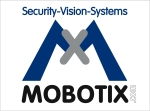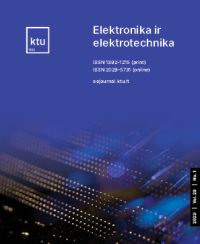23rd-25th September, 2024 | Conference
About the Journal
Focus and Scope
The International Conference ELECTRONICS (#electronicsconf), organized by Kaunas University of Technology Department of Electronics Engineering, serves as a significant platform for collaboration and discussion among representatives from science and study institutions, industry, and business. The conference aims to evaluate the current state of Electronics science and industry, identify opportunities for effective implementation of scientific advancements into industrial practices, and facilitate the exchange of research results.
Venue
The conference takes place in Palanga, Lithuania, usually in the middle of June.
Key points of interest
for participants include:
-
Interdisciplinary Engagement: The conference provides a forum for interdisciplinary engagement, bringing together professionals and experts from various fields within Electronics. This diversity encourages cross-pollination of ideas and perspectives.
-
Evaluation of the Present Situation: Participants have the opportunity to gain insights into the current state of Electronics science and industry. The conference addresses recent developments, challenges, and emerging trends in the field.
-
Industry Integration: A focus on effective implementation of scientific achievements into industry sets the stage for discussions on practical applications and the real-world impact of electronic technologies.
-
Knowledge Exchange: The conference facilitates the exchange of research results, allowing participants to share their findings, methodologies, and insights. This open dialogue promotes collaboration and the dissemination of knowledge within the Electronics community.
-
Opportunity for Contributions: Participants are encouraged to submit their contributions to the conference. This may include research papers, case studies, or other relevant materials. Authors have the chance to present their work, receive feedback, and contribute to the academic discourse.
-
Structured Sections: The conference is organized into sections, providing a structured framework for presentations and discussions. This allows participants to focus on specific aspects of Electronics, fostering in-depth exploration and understanding.
Topics
We cordially invite you to participate and submit your contribution to ELECTRONICS, which includes the following topics but is not limited to:
- Automotive Electronics
- Automation | Robotics & Control
- Education in Electronics and Electrical Engineering
- Electric Vehicles
- Electrical Engineering
- Electronic Measurements
- Electronics
- High Frequency Technology | Microwaves
- IoT
- Micro & Nano-electronics
- Power Electronics
- Renewable Energy
- Sensors
- Signal Technology
- System Engineering | Computer Technology
- Telecommunications Engineering







